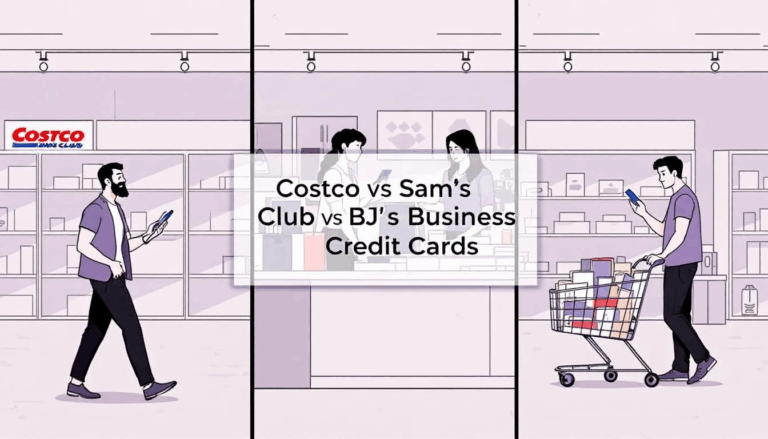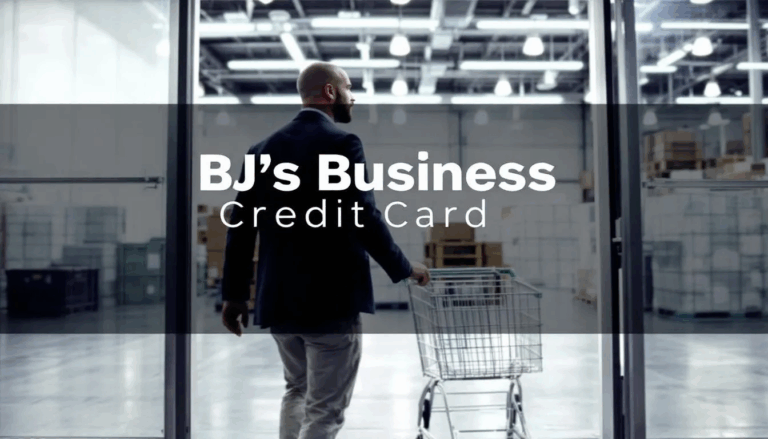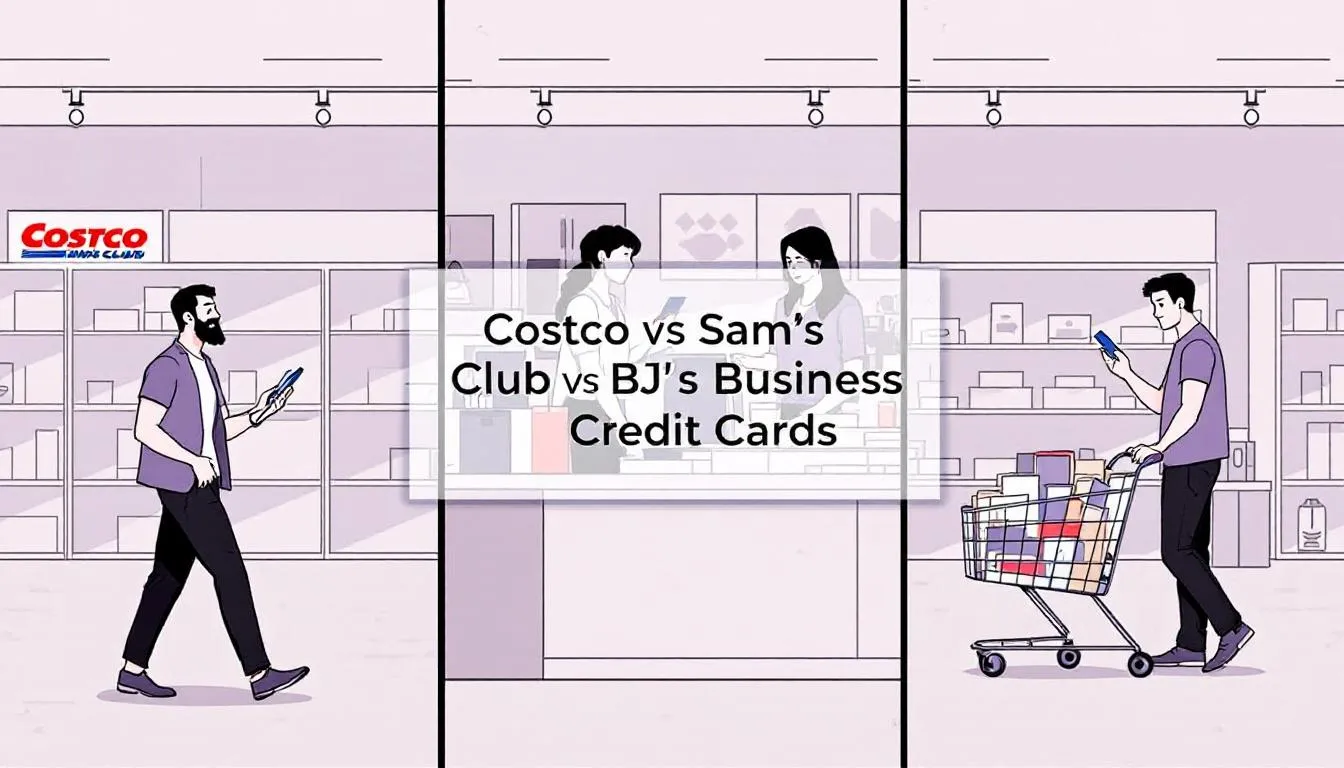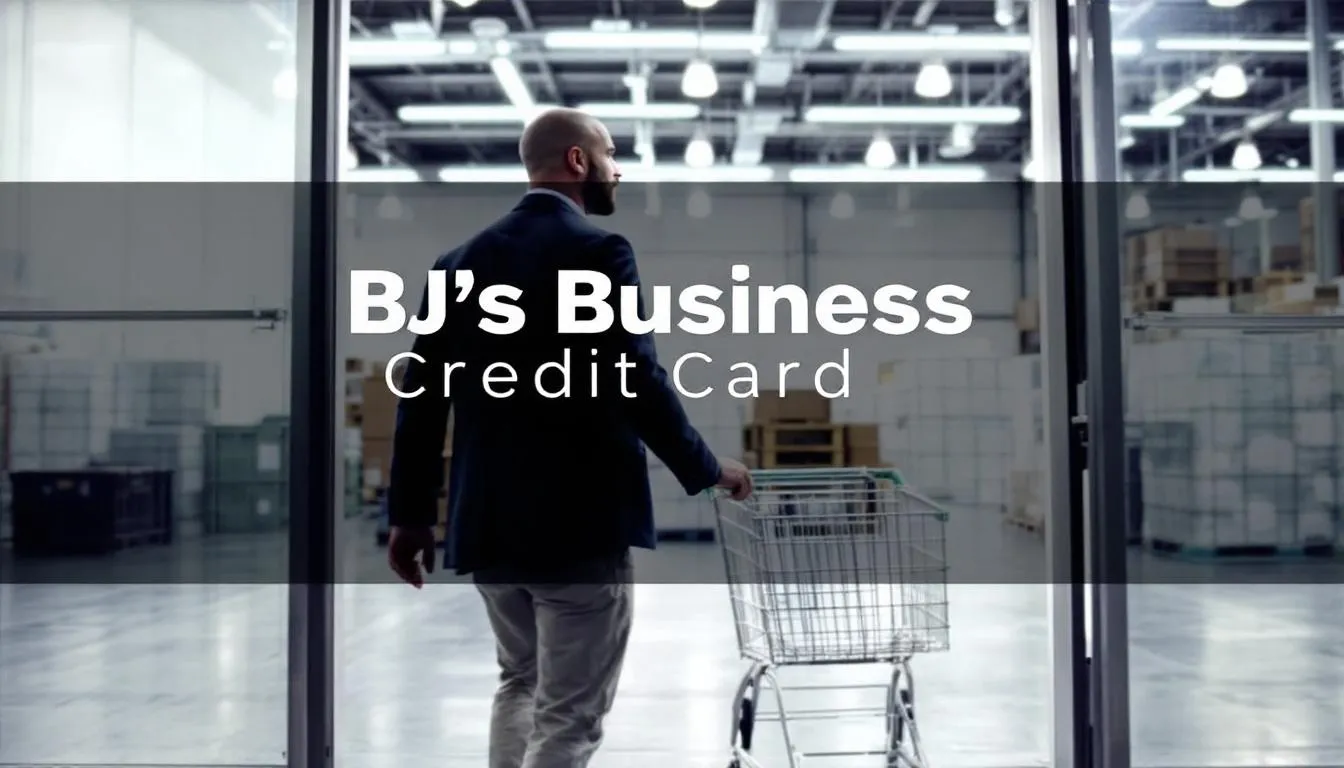Do Business Lenders Use Social Media to Assess Creditworthiness?
An article in the Orlando Sentinel noted that a growing number of financial firms and risk-assessment companies are now using social networks to help determine which companies can pay back business loans. These institutions are essentially trying to spot trends, evaluate strengths, and identify potential red flags. A company’s social media position is viewed as an indicator of its creditworthiness. Are they gaining followers and sharing more and more content?
When a company applies for a small business loan, they should expect their social accounts to be thoroughly researched.
On the other hand, if your company isn’t active on at least one social network, it can indicate that it is not actively marketing to consumers – a black mark for your small business. So, make sure your business has a strong social media presence before applying for a small business loan.
Online Lenders Check Accounts to Weed Out Scammers
In addition to researching an applicant’s financial health, many lending firms are using social networks to verify that businesses even exist in the first place. Millions of micro-businesses emerge every year. For this reason, online lenders don’t have the advantage of meeting people face-to-face and visiting businesses on-site before lending money. So, how can these lenders verify that an applicant’s business is truly legitimate? Contrary to popular belief, it’s challenging to pose as a legitimate business on social media.
This can also be a way to weed out any scammers posing as companies with phony paperwork. The lender can review the social media account history and post consistency.
However, the increasing role of social media in business loan decisions can also heighten the risk of the opposite outcome. If you don’t manage your accounts with the utmost professionalism, they could hurt your loan approval chances.
Can Social Media Prove Your Ability to Repay Debt?
Another factor that institutions will look at is your capacity to provide collateral. Do your social media accounts display your company headquarters, including a nice office setting and equipment being used? Do you post about that new vehicle you recently acquired for your sales team? How about employee success stories? If you want to impress an institution, use social media to show them that your company is heading nowhere but up.
Why Should You Avoid Political or Personal Content?
Business social media accounts should have little, if any, negative content. Even humorous complaints about long workdays can be interpreted as negative. The same goes for personal details about the business owner. That’s what personal social media accounts are for.
Also, be mindful of the business’s associations on social networks, such as political or social causes, because this could also turn a lender off. Associating with negative or controversial people and organizations can make the company look bad. Allowing irresponsible connections to post content on your company comments looks bad too. You don’t want to go around linking to all the financial firms out there because this smells of desperation.
Don’t Post About Cash Flow Woes
It’s common for small businesses to experience the occasional cash flow hiccup. This is probably another good reason to seek support from small business loans. But, if you want to get turned down, start sharing your cash flow issues on your social networks. Possible examples include venting over late-paying clients or your business tax bill. These things don’t look promising to institutions. They may determine your small business doesn’t know how to handle adversity.
Do Banks Still Care About Unprofessional Content?
Social media is one of those platforms where people think they can say and do anything they want. But as someone looking for a business loan, you must temper your social media content with common sense. Leave out the controversial, offensive, and scandal-worthy content and imagery. Don’t share photos that give the perception you live the party life or have poor morals. Traditional institutions continue to maintain very old fashioned opinions of unprofessional content. Someone could very well ruin their chances of approval with a single Tweet.
Should You Remove Connections with Certain Vendors?
Certain vendors only work with businesses with bad credit. Thus, if your social accounts show affiliation with such vendors, institutions will have another reason to question your creditworthiness. Be careful to have a mix of vendor relationships representing all levels of credit scores and financial needs.
Can Expert Status Influence Business Loan Decisions?
Do your peers consider you a leading mind in your industry? If so, you have a higher chance of attracting an equally reputable business loan company. Consider publishing a book to elevate your status and share this on your social networks. Become a public speaker or start a blog or podcast. You want to be viewed as an influencer and someone with excellent professional value.
Your Social Media Accounts Should Denote Stability
If you have a LinkedIn profile, be mindful of how your history portrays your stability as a business owner. Do you have a string of new companies started over a short period? Do you have frequent changes in industry or interests appearing here? Take the time to look at your profile from the eyes of a financial institution. Avoid any awkward questions by making your profile appear more stable. Your work experience should concentrate on one specific area, so institutions won’t have to ask about completely unrelated endeavors.
Social media isn’t going away anytime soon. It’s only going to increase in scope and use by small businesses. Social media is gradually becoming the primary way companies and consumers stay connected. These networks can work in your favor if you understand how others view them, including lenders.
Financial companies have very sophisticated analysts and software that can be hard to influence. Still, you can reduce the chance of being turned down for small business loans by being responsible for your accounts. Go through your social media profiles now and clean up anything that paints your company in a negative light. You can then be confident that your social media accounts are working for you instead of against you.











